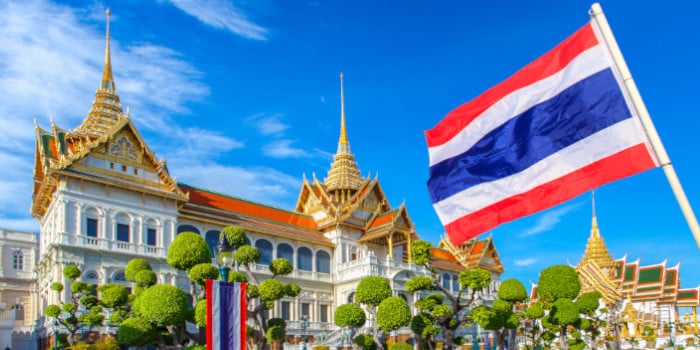
Originally reported by Inside Asian Gaming, the publication has found out that there is a considerable displeasure with the government’s mulled decision to push forward with an earlier proposal to restrict locals from entry into the future casinos, to be hosted in at least four locations across entertainment complexes, based on a person’s money in the bank.
The proposal is still subject to debate, but the publication has captured the mood about its final implementation.
Controversial Proposal Could “Kill” Thai Casino Dream
Earlier this year, the Thai government said that it would deliberate on its Entertainment Complex Bill and proposed a rule that would obligate locals who wish to enter casinos, meaning Thai nationals, would have to hold at least $1.5 million in six-month fixed jackpots in their bank accounts to be eligible for entry onto the casino floors.
Inside Asian Gaming has reported, citing its materials due to be published in the publication’s upcoming April edition, that industry representatives have qualified this measure as an “absolute deal breaker.”
Such insight, though, is not necessarily the only opinion. For example, the Thai Hotels Association has argued that if entertainment complexes arrive, they should arrive in “secondary cities” and that locals should have a say, through referendum, on what provinces ought to host these projects in the first place.
Others, including from the tourist lobby, have sounded an alarm that Chinese tourists may withdraw from the country, as Beijing has already expressed concerns about the arrival of casinos. China actively discourages its citizens from traveling to locations that host gambling.
Inside Asian Gaming also cited its sources and people it spoke to, saying that one prominent but unnamed representative has criticized the fixed-deposit money rule as a precedent with no single jurisdiction in the world using this type of barrier to prevent locals from playing.
Economic Growth Potential of Entertainment Complexes May Suffer
The measure is almost counter-intuitive, too, as $1.5 million is a tremendous amount of money to have in a fixed jackpot deposit in a country that doesn’t necessarily have the world’s highest millionaires list per capita. Thailand supposedly has 100,000 millionaires out of a population of 71.7 million.
The consensus is that severely limiting the number of people that can enter, and only ensuring that the wealthiest individuals may enter, will have a knock-on impact on the project’s potential for generating steady windfall, and ultimately depressing entertainment complexes’ ability to spur economic growth.



